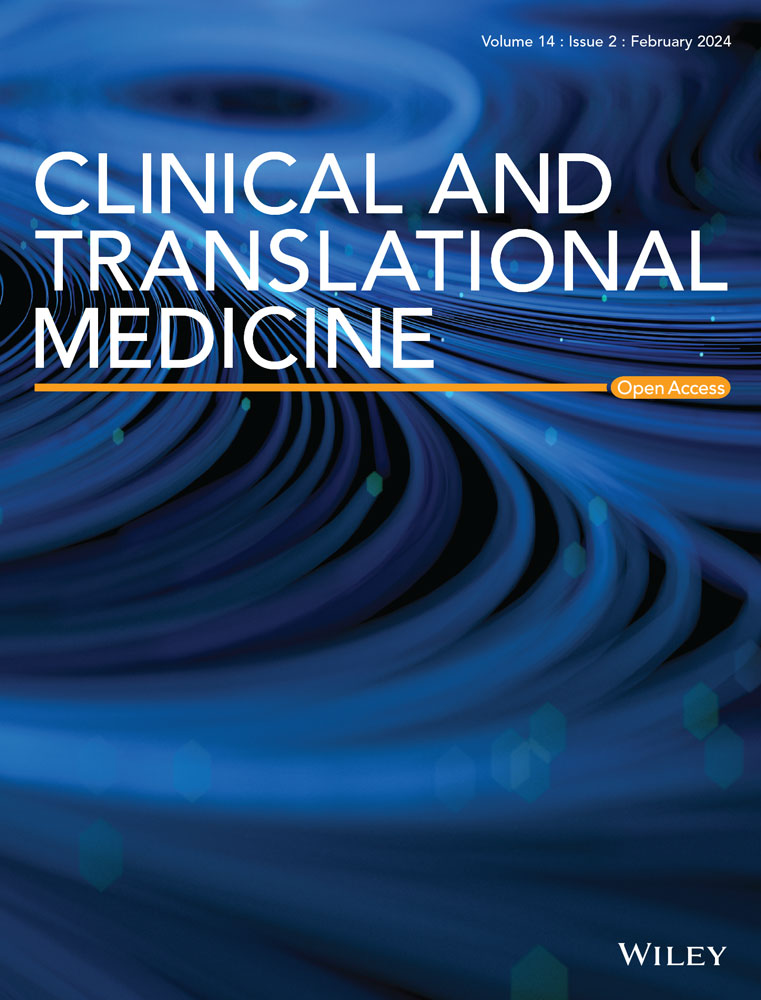Lower respiratory tract microbiome dysbiosis impairs clinical responses to immune checkpoint blockade in advanced non-small-cell lung cancer
Abstract
Background
Gut microbiome on predicting clinical responses to immune checkpoint inhibitors (ICIs) has been discussed in detail for decades, while microecological features of the lower respiratory tract within advanced non-small-cell lung cancer (NSCLC) are still relatively vague.
Methods
During this study, 26 bronchoalveolar lavage fluids (BALF) from advanced NSCLC participants who received immune checkpoint inhibitor monotherapy were performed 16S rRNA sequencing and untargeted metabolome sequencing to identify differentially abundant microbes and metabolic characteristics. Additionally, inflammatory cytokines and chemokines were also launched in paired BALF and serum samples by immunoassays to uncover their underlying correlations. The omics data were separately analyzed and integrated by using multiple correlation coefficients. Multiplex immunohistochemical staining was then used to assess the immune cell infiltration after immune checkpoint blockade therapy.
Results
Lower respiratory tract microbiome diversity favoured preferred responses to ICIs. Microbial markers demonstrated microbial diversity overweight a single strain in favoured response to ICI therapy, where Bacillus matters. Sphingomonas and Sediminibacterium were liable to remodulate lipid and essential amino acid degradations to embrace progression after immunotherapies. Microbiome-derived metabolites reshaped the immune microenvironment in the lower respiratory tract by releasing inflammatory cytokines and chemokines, which was partially achieved by metabolite-mediated tumoral inflammatory products and reduction of CD8+ effective T cells and M1 phenotypes macrophages in malignant lesions.
Conclusions
This study provided a microecological landscape of the lower respiratory tract with advanced NSCLC to ICI interventions and presented a multidimensional perspective with favoured outcomes that may improve the predictive capacity of the localized microbiome in clinical practices.
Highlights
- Alterations of the lower respiratory tract microbiome indicate different clinical responses to ICB within advanced NSCLC.
- Reduced microbial diversity of lower respiratory tracts impairs anti-tumoral performances.
- Microbe-derived metabolites perform as a dominant regulator to remodify the microecological environment in lower respiratory tracts.
- Multi-omics sequencings of the lower respiratory tract possess the potential to predict the long-term clinical responses to ICB among advanced NSCLC.


 求助内容:
求助内容: 应助结果提醒方式:
应助结果提醒方式:


